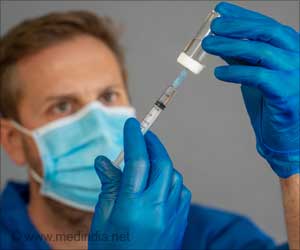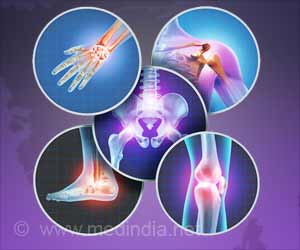COVID-19 has greater potency to affect hospitalized patients who are obese, have complications from diabetes or hypertension, especially in men.

‘COVID-19 has greater potency to affect hospitalized patients who are obese, have complications from diabetes or hypertension, especially men in the age group 20-39. This helps in designing better treatment options for different patients.’





The team also found that people with comorbidities such as diabetes, hypertension or obesity especially among the age groups 20 to 39 had a higher risk of dying as compared to their healthier counterparts. COVID-19 and it’s Risk Factors :
“Predicting which hospitalized COVID-19 patients have the highest risk of dying has taken on urgent importance as cases and hospitalizations in the U.S. continue to surge to record high numbers during the month of December”, says study corresponding author Anthony D. Harris, MD, MPH, Professor of Epidemiology and Public Health at UMSOM.
Mortality rates increased with each decade of life with the highest mortality of 34 per cent, observed between in the age group 80 and older. Low mortality rate was seen among pediatric patients, which was less than 2 per cent.
The study also noted fall in the death rates since the earlier weeks of the pandemic in April this year, most probably due to the improved treatment efficacy of the disease.
Advertisement
“As we head into what may be the darkest weeks of the pandemic, it is reassuring to know that our researchers are continuing to make important advances that could help guide the decision-making skills of healthcare workers in the field," says E. Albert Reece, MD, PhD, MBA, Executive Vice President for Medical Affairs, UM Baltimore, and the John Z. and Akiko K. Bowers Distinguished Professor and Dean, University of Maryland School of Medicine.
Advertisement















